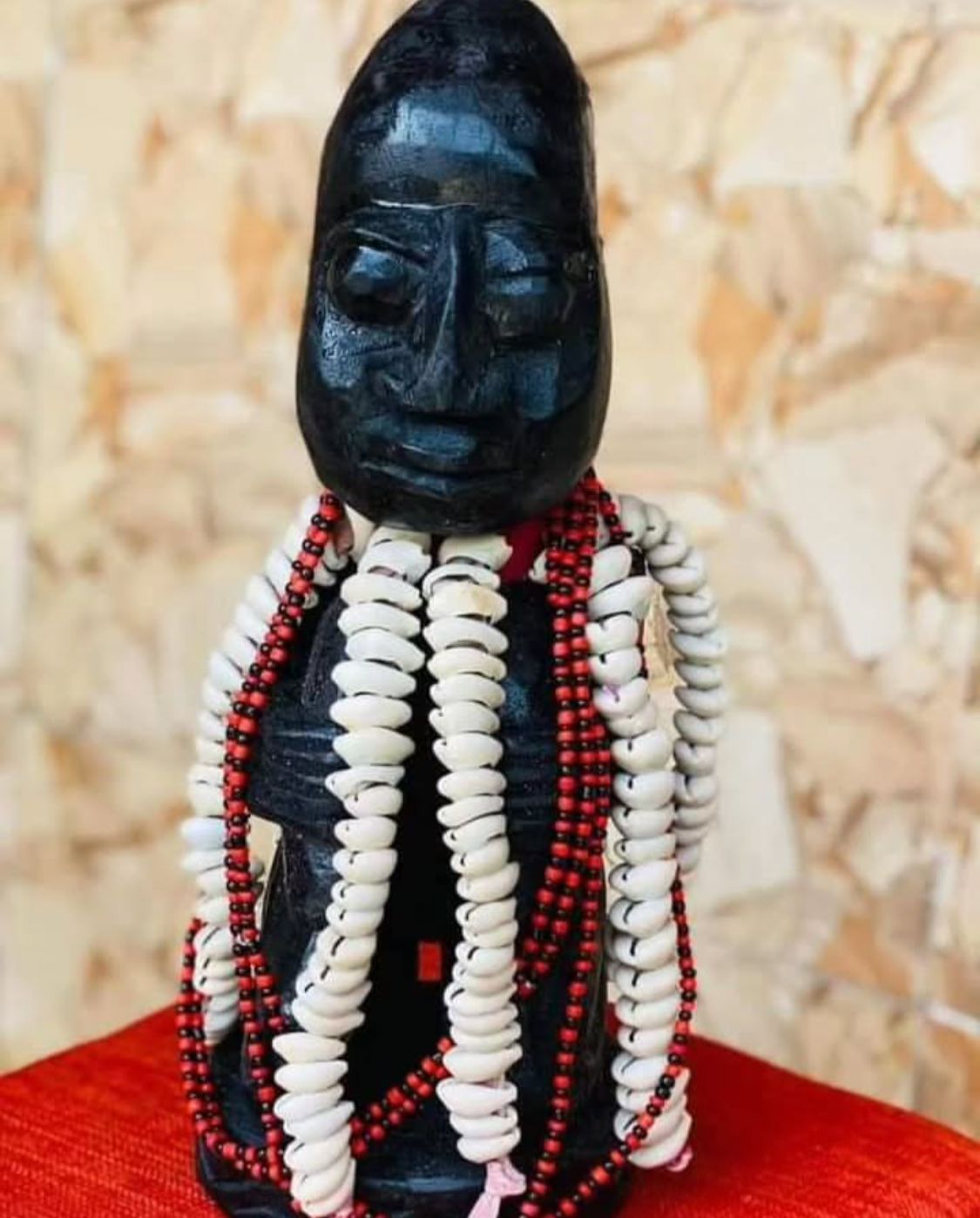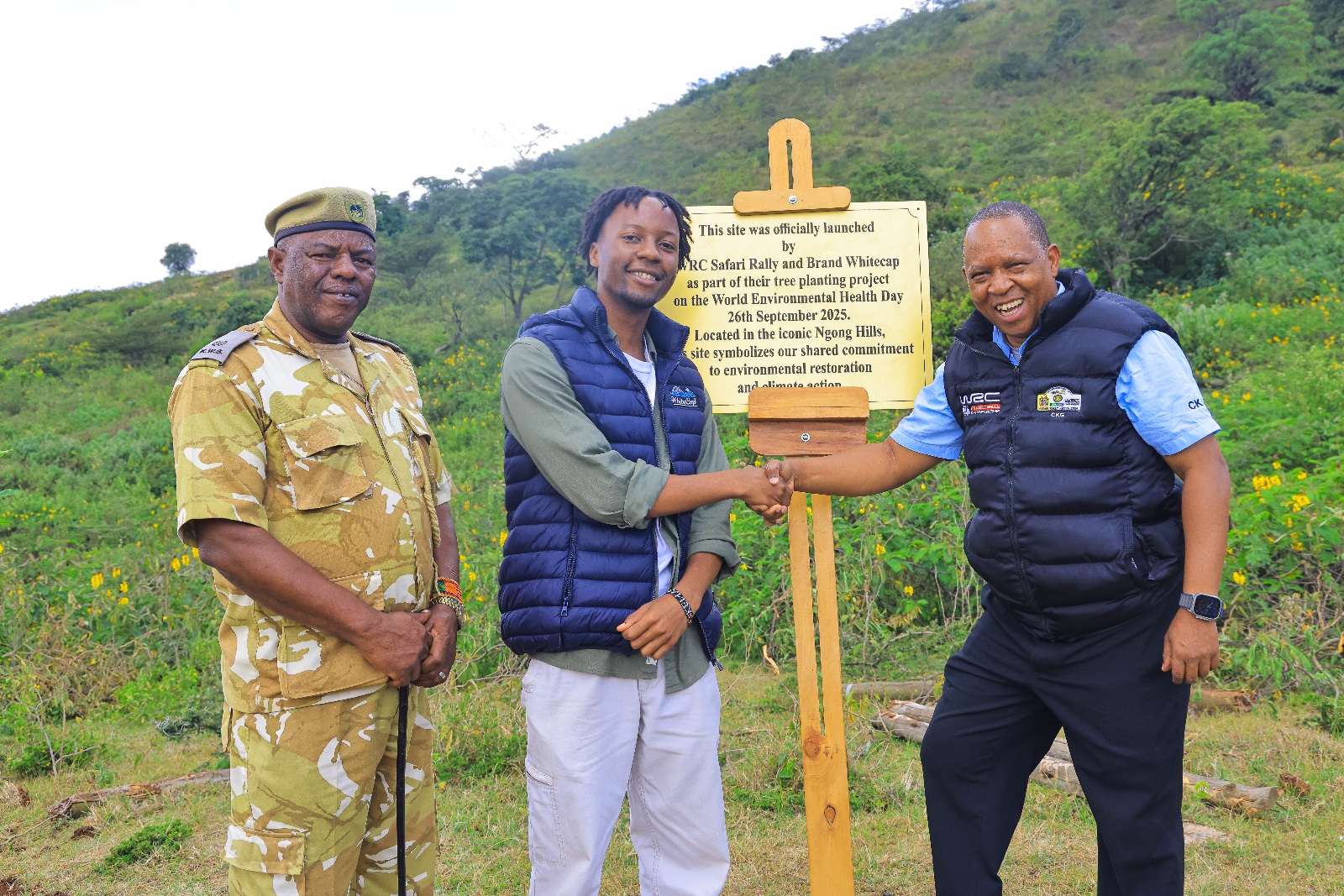By: Marcel Adala
Bathed in the soft, flickering glow of sacred palm oil lamps, the Babalawo recites ancient verses and proverbs, consulting the divining chain (Opele) and scribbling on the divination tray (Opon Ifa), instruments that bear the secrets of destiny.
What if life’s most compelling questions were encoded in a language of symbols and tales, passed down orally for generations?
This is Ifa—an ancient Yoruba spiritual system regarded not merely as a religion, but as an ongoing dialogue with the divine. It is a vibrant tapestry of history, philosophy, and sacred practice that continues to shape identity and meaning.

The journey of Ifa began centuries ago when enslaved Africans from Nigeria carried the belief system to the Americas and the Caribbean. In countries like Cuba and Brazil, it evolved into related traditions such as Santería and Candomblé, while still preserving the core elements of Yoruba cosmology.
Once practiced quietly in sacred groves and the bustling towns of southwestern Nigeria, this time-honored Yoruba faith now resonates across continents. No longer confined to its birthplace, Ifa has become a spiritual bridge connecting African descendants in the diaspora to their ancestral roots. In urban cities as diverse as New York, Rio de Janeiro, London, and Havana, the rhythmic chants of the Babalawo coexist with the noise of modern life, drawing new devotees and marking a global resurgence that extends beyond religious revival.
Take, for instance, the story of Maria, a Brazilian artist who found solace in Ifa after years of spiritual searching. “Learning about my ancestors’ beliefs gave me a sense of home I never had,” she says. Her story reflects a growing trend: people are increasingly turning to Ifa to reclaim lost heritage and counter centuries of cultural erasure.

This global resurgence is not merely a spiritual awakening—it is a cultural phenomenon. People who have never set foot in Nigeria are now learning the Yoruba language, studying rituals, and embracing the philosophical depth of Ifa.
Social media plays a vital role in this expansion. Online groups, virtual classes, and international conferences buzz with discussions about Odu Ifa (the sacred texts), Orisha worship, and Yoruba philosophy. These digital spaces have amplified Ifa’s reach, allowing it to thrive in the 21st century.
As the world rediscovers the wisdom of Ifa, the faith is shaping spiritual journeys while also fostering a renewed appreciation for Africa’s rich intellectual and cultural legacy. We see this in the integration of Ifa into modern music, art, and academic discourse. The revival of Ifa today is powered by a unique blend of tradition, technology, and a growing hunger for spiritual connection in a fast-paced world.
Digital platforms now host virtual divination sessions, livestreamed festivals, and online classes in Yoruba language, philosophy, and culture—sharing prayers, rituals, and personal testimonies. This accessibility has brought Ifa to a new generation seeking identity, healing, and belonging.
It is clear that the Yoruba diaspora, academic interest, and digital innovation are fueling Ifa’s global resurgence. The faith is breaking traditional boundaries and becoming more inclusive and accessible.
Moreover, UNESCO’s recognition of Ifa as an Intangible Cultural Heritage of Humanity further affirms its global value and underscores the importance of preserving its wisdom for future generations.
To be continued …




